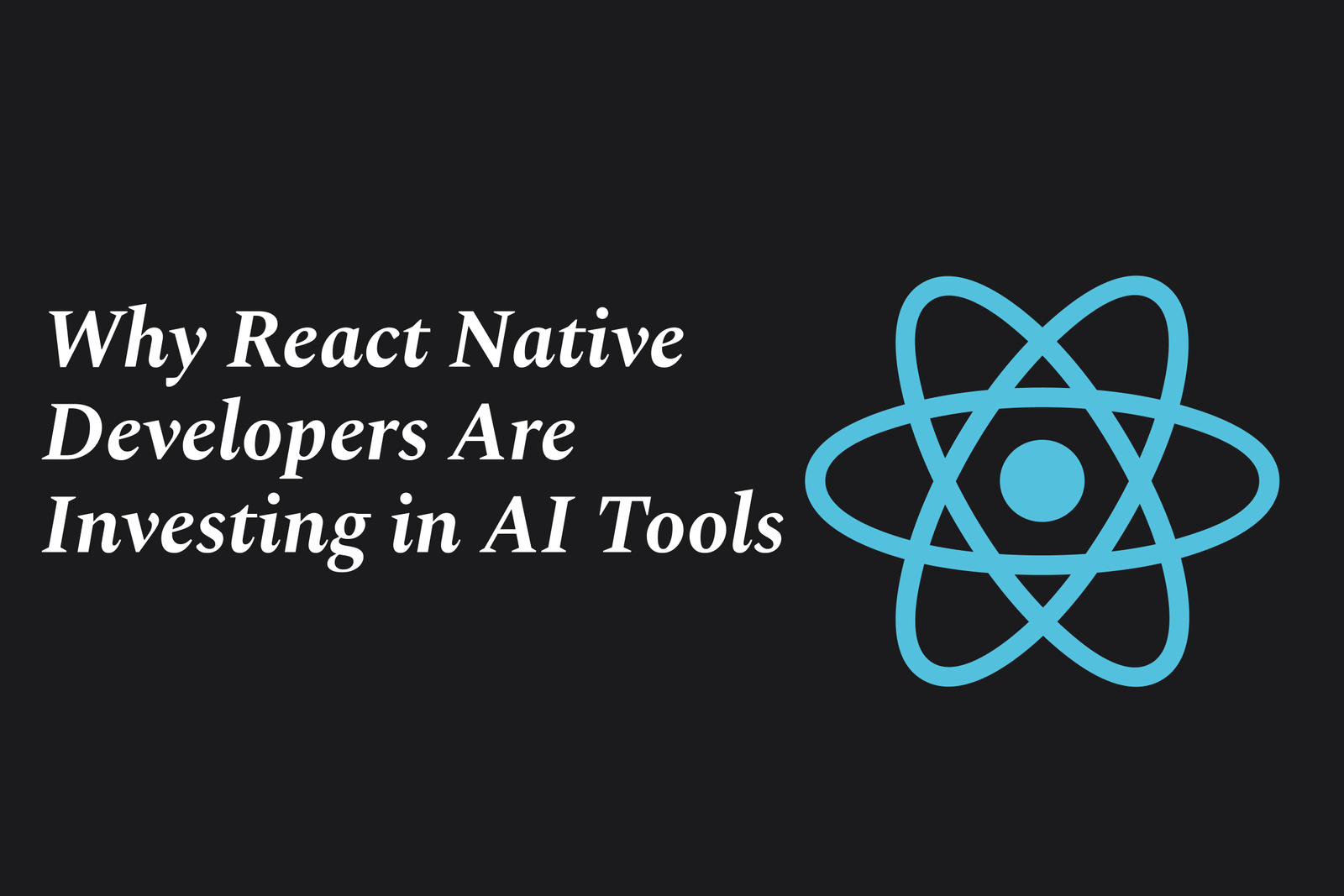React Native 2025: Biggest announcements from Meta
In 2025, Meta unveiled major React Native updates including a new architecture with Fabric and TurboModules for faster performance, enhanced debugging tools, and advanced Expo features—solidifying React Native as a top choice for building high-quality cross-platform apps efficiently.
React Native 2025: Biggest Announcements From Meta
1 ) The Time for React Native is Now
React Native in 2025 stands as a mature, powerful framework for cross platform app development, trusted by major companies like Meta, Shopify, and Microsoft. It offers less barrier to entry, faster development, and enhanced performance, making it the ideal time to adopt or continue using React Native.
2 ) The New Architecture: A Core Overhaul
The New Architecture introduces two major components, Fabric and TurboModules, which dramatically improve React Native’s under the hood performance. Fabric provides a faster, more flexible rendering system for complex UI updates, while TurboModules optimize native module loading, leading to lightweight, faster startup times and better scalability. This upgrade unlocks capabilities like smoother animations and multi threaded rendering, making React Native apps feel truly native and performant.
3 ) Next Level Debugging Tools
React Native now offers advanced DevTools that allow developers to easily inspect component trees, props, and network requests with new panels planned for enhanced performance analysis. Combined with tools like Reactotron and Expo DevTool Plugins, debugging is streamlined, empowering developers to diagnose and fix issues efficiently without disrupting the development flow.
4 ) Expo: A Game Changer for React Native Development
Expo has evolved significantly and is now the recommended way to build React Native apps. It simplifies setup, removes configuration complexities, and supports production ready app deployment with tools like EAS Build and Submit. Expo also enables adding custom native modules and introduces Expo Router, a file based routing system that eases the transition for web developers by closely mirroring web development paradigms.
5 ) React Native’s Expanding Ecosystem in Meta Products
Meta is heavily invested in React Native, utilizing it extensively across products, including rebuilding Instagram and Facebook for Meta Quest mixed reality. React Native powers rich animations, novel interactions, and shared codebases that increase development efficiency while delivering high quality experiences on new platforms like MR headsets.
6 ) Shopify’s Success Story with React Native
Shopify has successfully migrated all mobile apps to React Native over five years, achieving blazing fast load times (under 500ms) and reliable stability (>99.9% crash free sessions). Their experience proves React Native can deliver native level performance and developer productivity, notably benefiting from features like hot reloading that drastically reduce development time.
7 ) Ongoing Improvements and Community Commitment
React Native continues to improve with updates like the beta release of the New Architecture, Yoga 3.1 layout engine for better screen adaptability, and various bug fixes improving cross platform consistency. Meta’s commitment to evolving the framework ensures React Native remains the top choice for native mobile development into 2025 and beyond.
Summary:
Meta’s 2025 React Native announcements underscore its evolution into a highly performant, developer friendly framework empowered by a new architecture, advanced debugging tools, and an evolved Expo ecosystem. This positions React Native as the foremost cross platform solution for building cutting edge, scalable apps across mobile, desktop, and mixed reality platforms.
https://justacademy.in/news-detail/react-native-2025:-what-meta?s-big-push-means-for-developers
https://justacademy.in/news-detail/flutter-india-summit-2025:-key-takeaways
https://justacademy.in/news-detail/how-react-native-is-dominating-e-commerce-in-2025
https://justacademy.in/news-detail/android-voice-typing-enhancements
https://justacademy.in/news-detail/react-native?s-push-notification-upgrades-change-the-game
Related Posts
Java supports GDPR and data privacy by enabling secure data handling through encryption, controlled access, and precise data management. It allows developers to minimize PII exposure, ensure data confidentiality, and design workflows that comply with data protection regulations effectively.
Java code quality tools have evolved to include advanced static analysis, integrated security checks, and AI-powered code reviews. These updates help developers detect bugs, enforce coding standards, and enhance security, streamlining the development process and improving overall code reliability.
Java remains a cornerstone in big tech companies, evolving with modern features like records, pattern matching, and virtual threads. Its robust ecosystem, enhanced performance, and growing AI integrations keep it vital for both legacy systems and innovative new projects.
Java and CI/CD pipeline optimizations streamline Java application development by automating builds, tests, and deployments. They improve efficiency through parallelization, caching, and secure secrets management, enabling faster feedback loops and more reliable, scalable software delivery.
Java supports modern cryptography standards through its flexible Java Cryptography Architecture (JCA), enabling integration of advanced algorithms like AES, EdDSA, and post-quantum tools. Libraries like Bouncy Castle offer FIPS-certified, hardware-accelerated implementations for secure development.
Java 23 enhances record patterns by enabling concise, direct destructuring of record components within pattern matching, simplifying type checks and data extraction. This improvement boosts code readability and expressiveness by reducing boilerplate in handling immutable data classes.
Java remains a top choice for mobile app backends, powering scalable, secure, and high-performance server-side solutions. Latest trends include cloud-native microservices, reactive programming, and enhanced JVM optimizations, enabling efficient, flexible, and robust mobile backend development.
Java SE 24 and LTS Java SE 21 offer enhanced features and performance, while Apache Spark 4.0.0 introduces Scala 2.13 support and advanced ML and SQL capabilities. Together, they empower developers to build scalable, high-performance data applications with modern tools.
JUnit 5 modernizes Java testing with a modular architecture, improved assertions, and seamless Java 8+ support. Beyond JUnit, tools like Mockito and AssertJ enhance mocking and assertions, creating a powerful, flexible ecosystem for writing clean, efficient Java unit tests.
Java plays a pivotal role in cloud automation tools by providing a robust, platform-independent language used to build scalable automation frameworks like Jenkins and Selenium, enabling efficient CI/CD pipelines, testing, and orchestration across diverse cloud environments.










